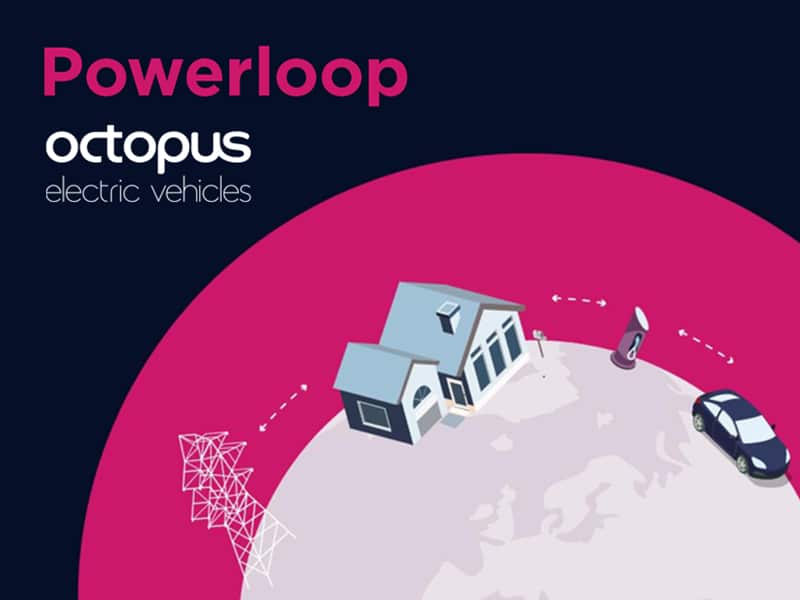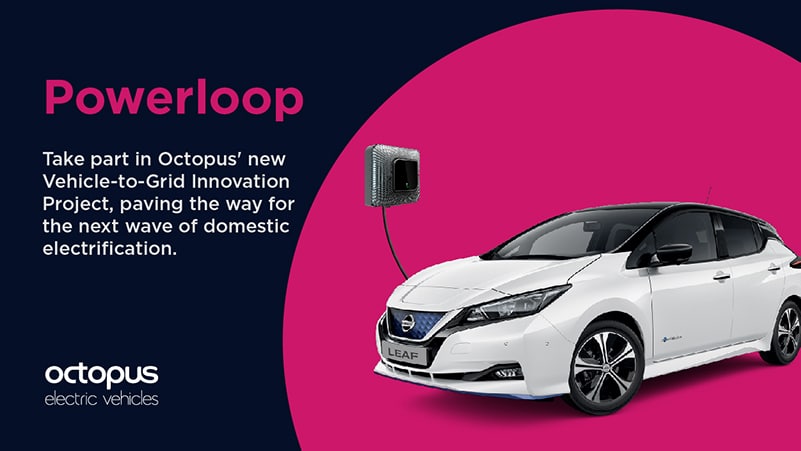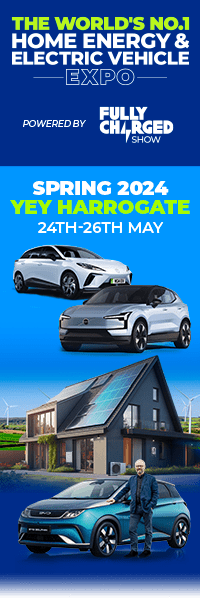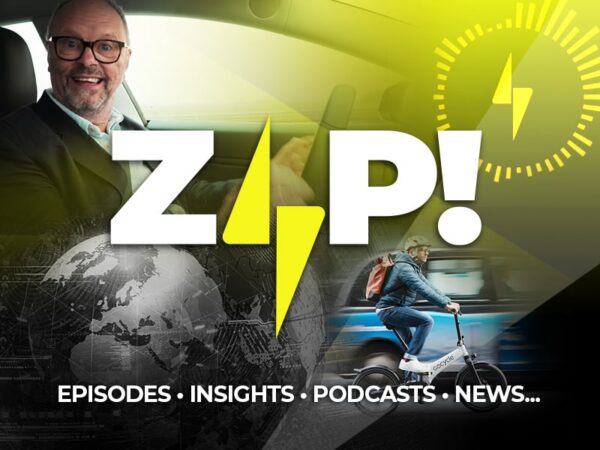
Vehicle to Grid (V2G), in its simplest terms, is using the vehicle’s battery to power something else, in this case, the grid.
The why? and the how?
When we talk about the grid, we mean the electricity network that is all around us. The physical cables that connect energy suppliers (generators) to consumers. As an EV owner doing V2G you have the ability to be both the generator and the consumer. This is all thanks to the battery – because as an energy asset, it can both charge and discharge.
Why would you want to do V2G and be the generator and the consumer?
As an energy asset, your EV battery is extremely valuable. It can charge and discharge super fast, can be controlled remotely, it is durable, and as explained above, it can provide a bi-directional flow of energy – charging and discharging.
In comparison, most other energy devices (think about your kettle or oven) only consume – they can never generate energy because they can’t store it and also because their connection is unidirectional – in other words, it goes one way, from the grid to the device, never back.
As we move to an increasingly green energy system – powered by renewable energy (which accounted for 42% of electricity generated in the UK in 2020, overtaking fossil fuels) – the times we generate electricity might not always match when we want to consume that energy. For example, it can often be windy in the middle of the night, and our wind turbines generate electricity when we are sleeping and have no immediate use for it. In fact, occasionally, we pay wind turbines to stop generating because we don’t have the need for the extra electricity.
In addition, as we see an increase in electric vehicles on our roads, the local grid could become congested and may require additional spend to upgrade it for an electrified UK. 2020 saw a 185.9% growth in battery electric vehicle registrations compared to 2019, and with the UK Government announcing the ban of all new petrol and diesel vehicles by 2030, this uptake is only going to accelerate.
With clever tech, we are starting to see dynamic energy tariffs that reflect the true cost of energy generation which encourages users to shift their demand and change their behaviour. Smart charging being a prime example, incentivising EV drivers to charge their vehicles overnight when renewables are abundant and prices are low, rather than during the evening peak.
With V2G, it goes a step further – we start having the ability to store the inexpensive green energy, charging up when demand is low (for example, when we sleep). It then can be shared back to the energy system, supplying your home and your neighbours, during expensive peak hours – discharging when demand is high.
This creates a smart energy system. In fact, industry experts have estimated that a smart energy system can save the UK up to £40bn by 2050.
How can you get involved?
All of this is wrapped in two letters and a number – V2G.
At Octopus Electric Vehicles – in partnership with the Energy Saving Trust, UK Power Networks, ENGIE EV Solutions, Open Energi, Guidehouse and our sister company Octopus Energy, we are creating our own version – Powerloop*.
With Powerloop, we are installing the lightest, smallest domestic V2G chargers in the world. We had the first ones off the production line at Wallbox. Alongside this, we are developing tech to help this to become a scalable proposition that can help energy systems worldwide run smoothly on renewable energy.
We are currently accepting another 40 applications to join us on our Powerloop journey as we start to demonstrate this technology in action. We provide you with everything you need as part of your bundle – including a Nissan LEAF and a Wallbox V2G charger.
We also recognise that making your EV battery an active energy asset in the grid is extremely valuable. So we will not only give you the tools to do it, explain all the acronyms along the way and help you get everything set up – we will also pay you up to £30/month for making your car battery available at the times the energy system needs it most! This is V2G in action, this is Powerloop.

Powerloop virtual workshops by Octopus Electric Vehicles
Want to learn more?
We would love to invite you to join our free virtual workshops with our EV Experts to help you understand more about the future of energy and how Powerloop fits in to this!
What is in the Powerloop bundle?
- A brand new 40 or 62kWh Nissan LEAF
- A Wallbox Quasar bi-directional charger
- A SMETS2 smart meter
- 100% renewable energy from Octopus Energy
- £30/month cashback into your Octopus Energy account for 12 complete cycles each month†
- The Powerloop app
Eligibility
Available for customers that live in the UKPN area, own their home with off-street parking and receive UKPN approval (we’ll apply for this on your behalf). Check if your postcode qualifies here.
Our Powerloop bundle is only available to the first 135 customers.
*Powerloop is funded by the Department for Business, Energy and Industrial Strategy (BEIS) and the Office for Zero Emission Vehicles (OZEV), with Innovate UK acting as delivery partner.
†Terms and Conditions
†£30 cashback is credited in the form of Octopus Energy credit onto your account if 12 full cycles are completed in a month (plug in before 6pm, and stay plugged in until at least 5am the next day to complete one cycle). Subject to suitability, availability and credit approval.
About the author
Albena completed her studies at Imperial College London with an MSc in Environmental Technology, before starting her career at Veolia UK. In May 2020, Albena joined Octopus Electric Vehicles as the Powerloop Project Manager to lead this innovative Vehicle to Grid trial. Powerloop is funded by the Department for Business, Energy and Industrial Strategy (BEIS) and the Office for Zero Emission Vehicles (OZEV), with Innovate UK acting as delivery partner.





